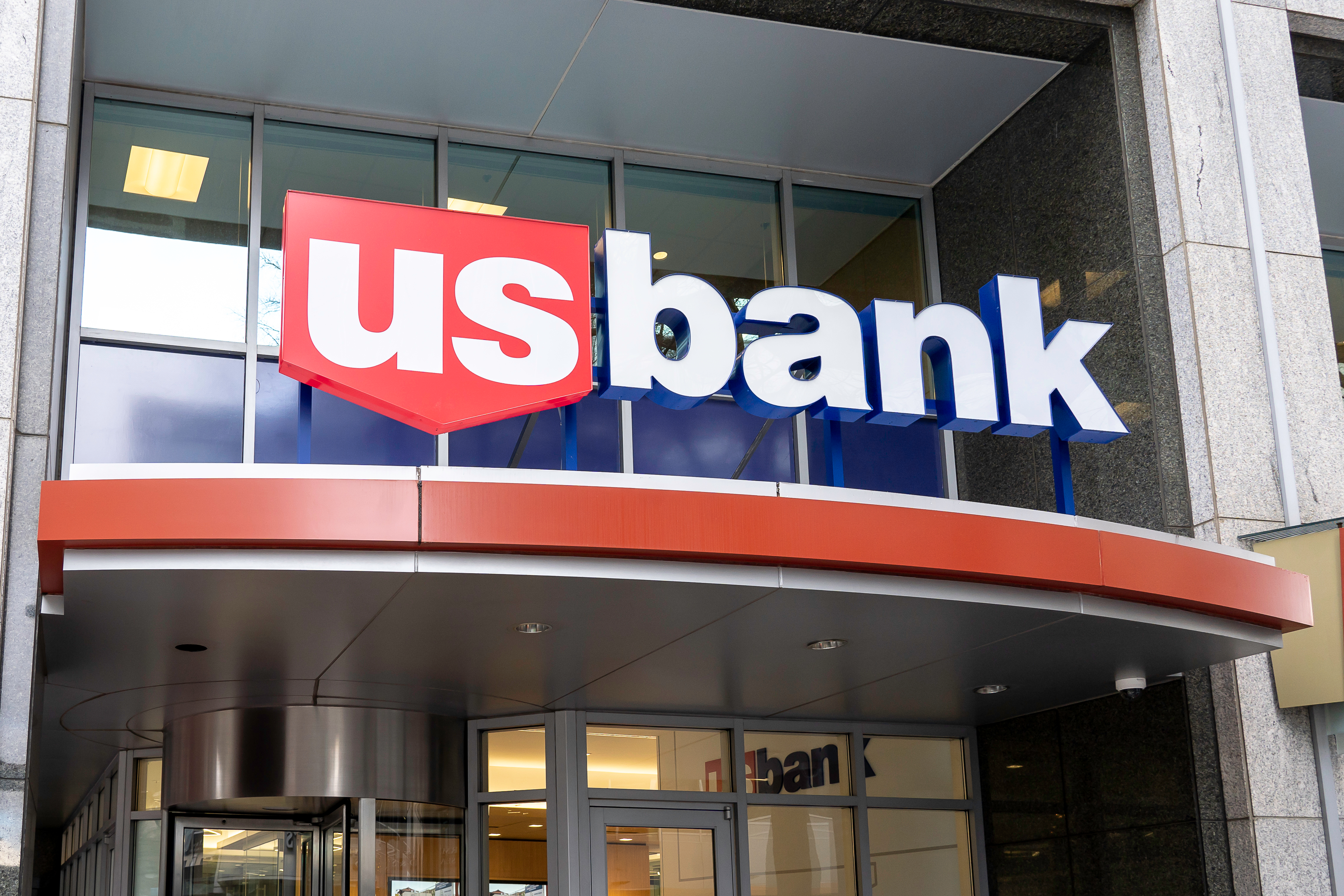U.S. Bank Shares Rise After Fed Releases Stress Test Results
Ticker Symbol: JPM, MS, GS, BAC, WFC, C
Large U.S. bank shares were up broadly in mid-afternoon trading today after the Federal Reserve released its stress test results and said that banks should be able to maintain regulatory buffers even in the event of a severe recession. Four of the six largest U.S. banks decided to raise their dividend payments based on the results of the report, while two would continue large share buyback programs.
Goldman Sachs announced it would raise its dividend from $2 per share to $2.50, an increase of 25%, the largest increase of any bank that announced an increase. Wells Fargo was second, upping its dividend to 30¢ a share from the previous 25¢ per share, an increase of 20%. The company also stated that it had enough reserves to buy back stock as well but did not announce a buyback schedule.
Morgan Stanley raised its dividend to 77.5¢ per share from 70¢ last year, an increase of 11%. The bank also instituted a new $20 billion buyback program. Bank of America increased its dividend by a cent to 22¢ per share and said it had $17 billion left in its existing buyback exercise. JP Morgan and Citigroup were the two that left their dividends unchanged. Both banks pointed to higher capital requirements soon to justify not increasing the payout to investors.
The Fed said in its broader report that 34 of the nation’s largest banks had sufficient capital reserves to weather an economic crisis. The central bank had previously capped dividend payouts and stopped stock buybacks during the pandemic as the U.S. entered a sharp and deep recession but lifted those restrictions last year.
Despite current fears that a recession brought on by the Fed’s aggressive monetary policy to rein in inflation could impact bank performance, especially if loan losses and delinquencies surge, the healthy dividend and buyback programs from some of the largest banks could help to assuage investor concern. Bank executives have continued to highlight robust systems and capital cushions in the financial system to withstand a sustained recession in the global economy.
Morgan Stanley shares were the best performer of the day from the big six, up 1.4%, while Wells Fargo, Bank of America and Goldman Sachs shares were trading up slightly. JP Morgan’s shares were flat, while Citi was the only loser with shares down around 1.5%. The KBW Bank Index has outperformed the S&P 500 this year, down 19.3% versus the 21.5% slide in the benchmark.
This content is provided for general information purposes only and is not to be taken as investment advice nor as a recommendation for any security, investment strategy or investment account.

